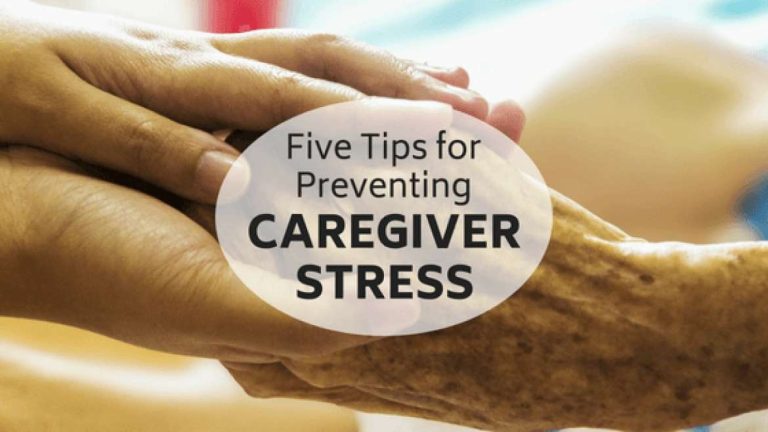Being a caregiver is a rewarding experience, but anyone who has served in this capacity will tell you that it is also extremely stressful at times. We recently explored the risk factors for and signs of caregiver stress. If you are a caregiver, we urge you to be aware and to take steps to protect yourself against the damaging effects of caregiver stress. Failure to do so can lead to increased difficulty with relationships, emotional distress, problems at work and serious health concerns.
Do not wait until you are in distress to take these preventative measures:
- Become educated. There are many reasons that an individual may require care: dementia, Alzheimer’s Disease, physical illness, etc. A caregiver who is aware of what to expect is better prepared. The frustrating behaviors that come with certain illnesses are more manageable when they are understood to be common symptoms. Take the time to read up on the subject, take a workshop, contact local support organizations or speak to a medical provider.
- Get organized. Even in the best situations, when a loved one needs additional care, it will take time and effort. Make lists, use a planner or calendar, use pill reminders, etc. Think about where you require organization, and ask the question “Is there an app for that?” The answer is almost always yes.
- Get help. No matter how educated, organized and prepared a caregiver is, this is a job that cannot be done alone. Find support from family, friends, professionals or local support organizations. Ask questions. Ask for support. Ask for help when needed.
- Talk about it. Schedule regular times to sit down and talk with someone you trust about the daily struggles; someone who is willing to be a sounding board for you can go a long way. On the other hand, consider the benefits of engaging a professional to help with emotional and mental balance.
- Engage in self-care regularly. No doubt that everyone has heard that you cannot fill someone else’s cup when your pitcher is empty. Take the time to “fill your pitcher” by getting enough sleep, eating right, exercising and seeing your doctor regularly. Carve out a bit of time for enjoying a social activity or a hobby (even if it involves asking for help during that time). Do things that are relaxing and contribute to your wellbeing.
Caregivers often believe that they must take on this responsibility alone and that they are the only ones who can or should contribute to the loved one’s needs. This is neither true nor healthy for the caregiver, as well as for the loved one in care. Your loved one will enjoy the benefits of your being healthy physically and emotionally. Take the steps to improve that health today.






